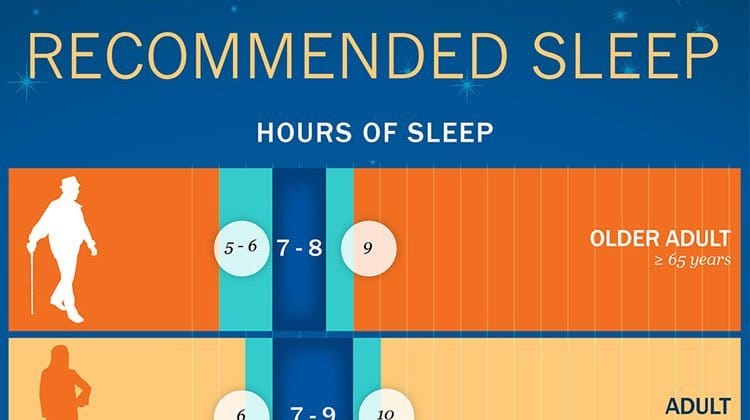Teenagers need 8 10 hours of sleep each night

Teenagers Need 8-10 Hours of Sleep Each Night

Sleep plays a vital role in the overall health and well-being of teenagers. It is during this period of rest that their bodies undergo essential processes required for growth and development. However, due to busy schedules, academic pressures, and the influence of technology, teenagers often struggle to get an adequate amount of sleep. According to the National Sleep Foundation, teenagers between the ages of 14 and 17 need 8-10 hours of sleep each night for optimal functioning. Understanding the importance of sleep and its impact on teenagers’ lives can pave the way for better sleep habits and improved overall health.
During the adolescent years, sleep needs change, and teenagers may experience a shift in their circadian rhythm, commonly known as the internal body clock. This natural shift leads to teenagers feeling more awake in the evening and finding it challenging to fall asleep earlier. However, early school start times and extracurricular activities can disrupt their sleep patterns, making it difficult for them to obtain the recommended amount of sleep.
Lack of sleep affects various aspects of a teenager’s life, including academic performance, mood, and physical health. Numerous studies have shown a clear link between sleep deprivation and decreased academic performance. Insufficient sleep can impair memory, attention, and problem-solving abilities, making it harder for teenagers to concentrate and learn efficiently.

Moreover, sleep deprivation often leads to mood disturbances. Teenagers who do not get enough sleep are more prone to irritability, mood swings, and even symptoms of depression. Quality sleep is crucial for emotional well-being as it allows the brain to recharge and regulates emotions more effectively. By prioritizing sleep, teenagers can enhance their mood and better manage stress levels.
In addition to academic and emotional challenges, inadequate sleep can also give rise to physical health issues. Sleep deprivation in teenagers has been linked to unhealthy weight gain, increased risk of obesity, and higher chances of developing chronic conditions such as diabetes and cardiovascular diseases. Sufficient sleep contributes to a healthy metabolism, hormone regulation, and overall physical growth and development.
To ensure teenagers receive the optimal amount of sleep, it is essential to establish healthy sleep habits. Encouraging a consistent sleep schedule, limiting exposure to electronic devices before bedtime, and creating a comfortable sleep environment can significantly improve sleep quality. Good sleep hygiene practices, such as avoiding caffeine and stimulating activities close to bedtime, can also aid in the promotion of sound sleep.
Ultimately, recognizing and prioritizing the importance of sleep for teenagers is crucial for their overall well-being. Providing them with the necessary tools and knowledge to develop healthy sleep habits will not only enhance their academic performance but also contribute to improved mental and physical health. By understanding that teenagers need 8-10 hours of sleep each night, we can help them achieve their full potential and navigate the challenges of adolescence with a well-rested mind and body.
Source: The National Sleep Foundation
Share
Related Posts
Quick Links
Legal Stuff

